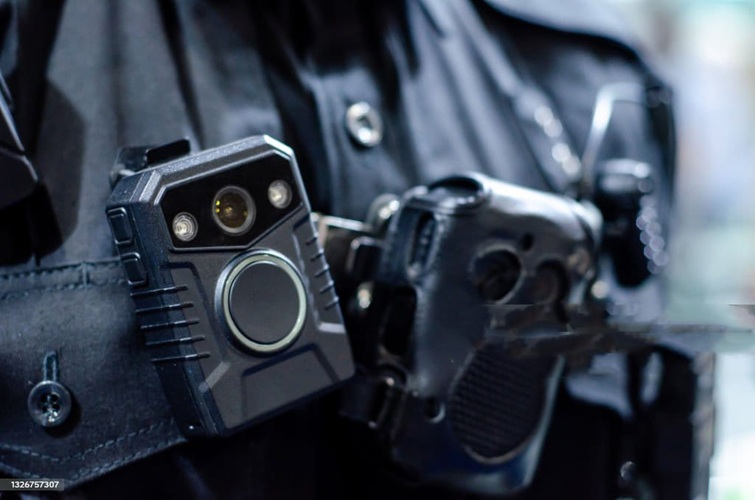Three months after the Bangladesh Home Ministry decided on procuring 40,000 bodycams for the police force ahead of the expected elections in early February 2026, work order has been issued in favour of two domestic companies, one of which is run by a district-level BNP leader.
Information accessed by Northeast News, however, show that orders for two variants of the bodycams – online and offline – have been placed for 25,000 units with Smart Technologies (BD) Ltd and Silkways, both domestic companies.
While Smart Technologies will provide 15,000 bodycams, Silkways will procure 10,000 units with the remaining 15,000 units expected to be ordered by a third company which is yet to be shortlisted.
The per unit cost of the online and offline variants is Taka 71,000 (or Taka 106 crore) and 31,000 (or Taka 31 crore), respectively.
The Managing Director of Smart Technologies is Mohammad Zahirul Islam who is also the official distributor of Sony products in Bangladesh and was recently elected as Bangladesh Computer Samity President for the 2025-27 term.
He is said to be a prominent figure in the country’s ICT sector. Incidentally, Islam is likely to contest the elections as a BNP nominee from Lakshmipur-1 constituency.
The Managing Director of Silkways is Sheikh Farid Ahmed, also known as Kakra Manik, who was investigated by Bangladesh’s Anti-Corruption Commission way back in 2007 on charges accumulating wealth disproportionate to his known sources of income.
Kakra Manik is the BNP’s Chandpur district general secretary and heads the Overseas Welfare unit of the party. Back in 2007, the ACC found links between Kakra Manik, who was the general agent for Malaysian Airlines, and some top BNP leaders.
Interestingly, Dhaka-based Axon, operated by Bangladesh Home Secretary Nasimul Gani’s son Farazi Gani, had also made bid to supply the bodycams, but was not shortlisted on the ground of conflict of interest.
Bangladesh Police sources said that the Home Ministry decided to not follow the open tender process and instead adopted the direct payment method (DPM) to procure the two bodycam variants that law enforcement personnel are expected to use while performing law and order duties during the February 2026 election.
ALSO READ: Nagaland CM calls for urgent review of PAP ahead of Hornbill Festival 2025
Suffice it to say that even as the Home Ministry is keen that bodycams are used by police personnel while performing law and order duties on election day – if and when it is held – Bangladesh’s Election Commission distanced itself from this move, saying that the proposal to cover electoral centres with CCTV networks and bodycams for policemen was neither practical nor justifiable.
This is not the first time that Bangladeshi authorities have pitched for bodycams for the police force.
A decision to this effect was taken in 2021 when tenders were issued not only for companies to supply bodycams but also wearable camcorders, digital security devices for police checkposts, portable surveillance gadgets and multipurpose communication equipment.
A similar move was made in 2014 when the Dhaka Metropolitan Police had launched a special drive to procure wearable GoPro cameras for law enforcement personnel.
The objective was to capture images of location situations important from law and order perspectives. The cameras would record conversations of policemen to ensure transparency and accountability.















